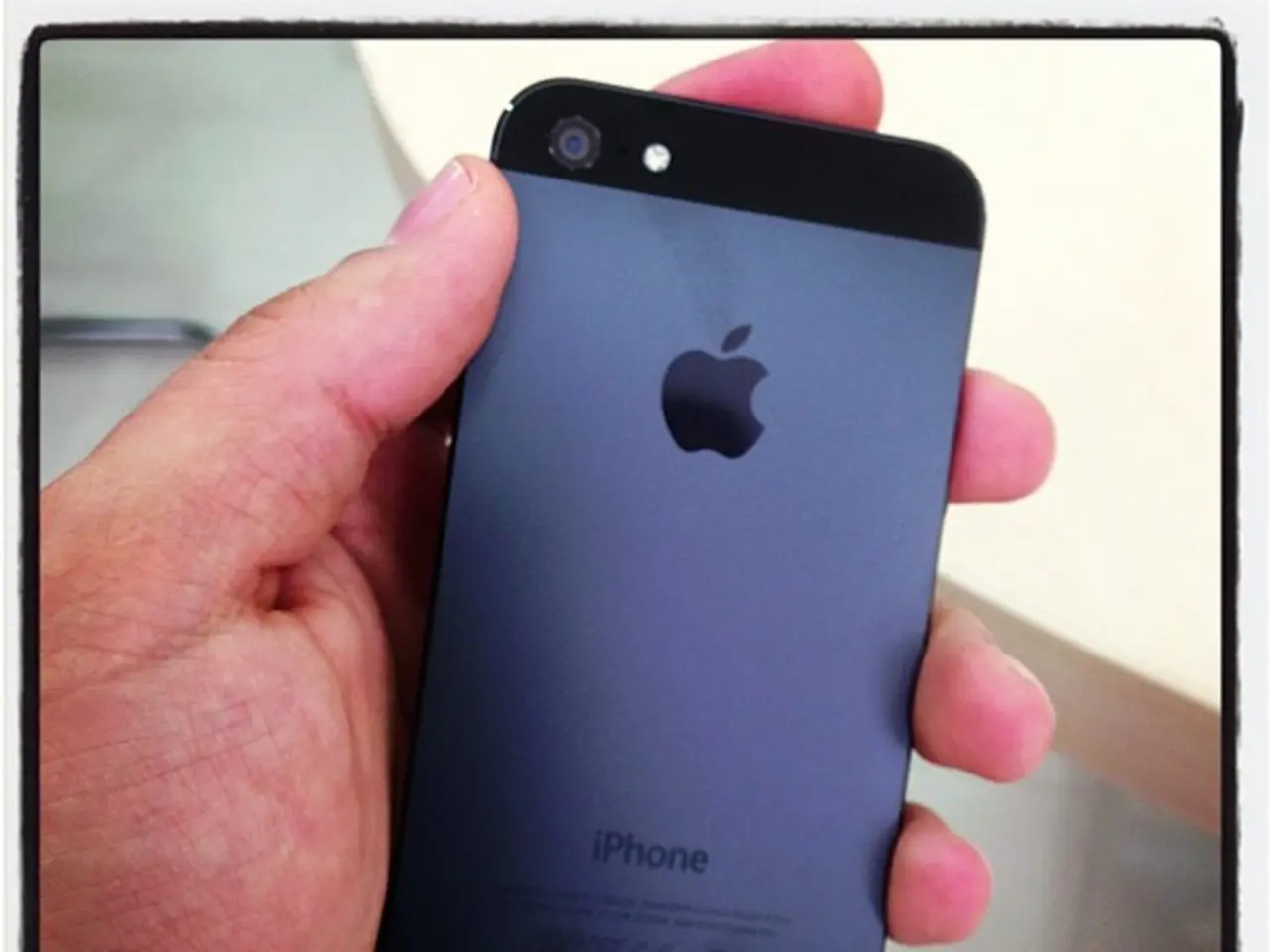Skincare brand Neon Hippie, spearheaded by a seasoned beauty industry personality, debuts in the U.S. market.
In the world of skincare, mushrooms are proving to be a surprising yet effective ingredient. Brands like Neon Hippie and Futurewise are introducing mushroom-based products into U.S. stores, offering a natural, holistic approach to skin health.
Neon Hippie, founded by beauty industry veteran Nicole Ostoya, has recently launched in the U.S. The company's products, created by chemist and entrepreneur Florence Nacino, include face oils, cleansers, and creams, priced between $25 and $125.
The benefits of using mushroom-based ingredients are plentiful. They offer anti-aging, anti-inflammatory, and immune-supporting properties. Mushrooms like Chaga contain nutrients such as calcium, iron, zinc, B vitamins, and antioxidants that help reduce signs of aging by protecting the skin from oxidative stress and supporting skin health.
Mushroom compounds can also reduce inflammation, soothe irritated skin, and improve skin barrier function, making them valuable for sensitive or reactive skin. Beta-glucans from mushrooms like Blazei are polysaccharides that bolster immune function, potentially helping skin defend against environmental stressors and promoting overall skin resilience.
Mushrooms provide minerals and vitamins that nourish skin cells, helping with regeneration and maintaining skin vitality. These combined effects contribute to skin firming, brightening, soothing, and regenerative benefits frequently targeted in anti-aging and nourishing skincare products.
Brands are also marketing fungi as an environmentally sustainable material, although the biodegradability of these products is dependent on their composition. Neon Hippie's 7 Shroom Complex is a proprietary blend of mushrooms, claimed to feed, moisturize, repair, reduce inflammation, and transform the skin.
The limits of selling primarily online have led brands to seek retailers to sell their products through. Neon Hippie's wholesale partnership with Neiman Marcus at the time of its launch indicates the increasing need for brands to diversify their channel mix. Ulta and Nordstrom are among the retailers that distribute Loops skincare products, another mushroom-based brand.
A March 2021 survey found that more than half of respondents preferred alternative leathers, but the biodegradability of fungi-based products depends on whether they've been combined with other fabrics or materials. The survey, conducted by the Material Innovation Initiative and North Mountain Consulting Group, did not provide specific details about the brands marketing fungi as a sustainable material.
Target has also jumped on the bandwagon, adding DTC skincare brands like Loops and Futurewise into its product assortment. Loops skincare brand is now available in more than 1,500 U.S. Target stores. Tramella, a specific mushroom species, is capable of holding 500 times its weight in water, making it a promising ingredient for skincare products.
In summary, mushroom-based skincare ingredients are valued for their antioxidant, anti-inflammatory, and immune-supporting compounds that promote healthier, resilient, and more youthful skin. As more consumers express a preference for alternative materials, we can expect to see more mushroom-based skincare products hitting the shelves.
Neon Hippie's 7 Shroom Complex, a unique blend of mushrooms, not only feeds and moisturizes but also repairs, reduces inflammation, and transforms the skin, showcasing the potential of mushroom-based technologies in the fashion-and-beauty industry. As technology advances, AI could play a role in recommending personalized mushroom skincare routines, aligning with a growing demand for sustainable lifestyle choices that prioritize environmentally friendly fashion-and-beauty products.




